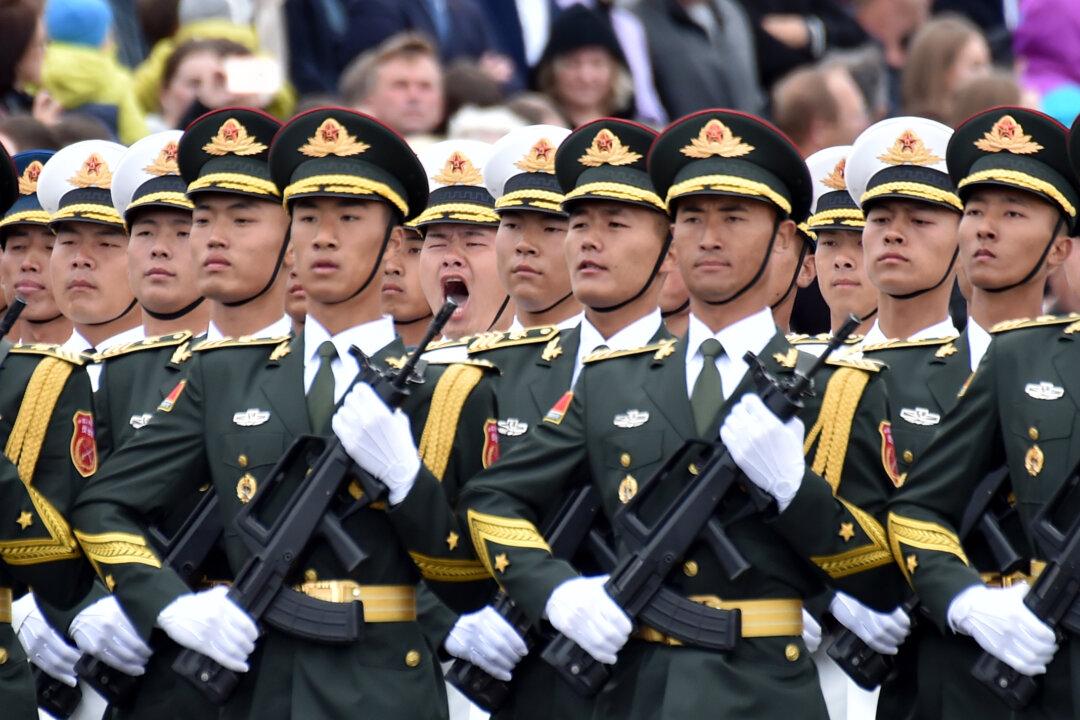News Analysis
Rowdy groups waving the red flag of communist China and yelling obscenities has become a common sight whenever there are demonstrations in solidarity with the Hong Kong pro-democracy protesters, not only in Canada but also in Australia and New Zealand.





